Roblox: the children’s game platform with ‘Nazi sex parties’
Online gaming giant under fire over explicit content and use of ‘child labour’
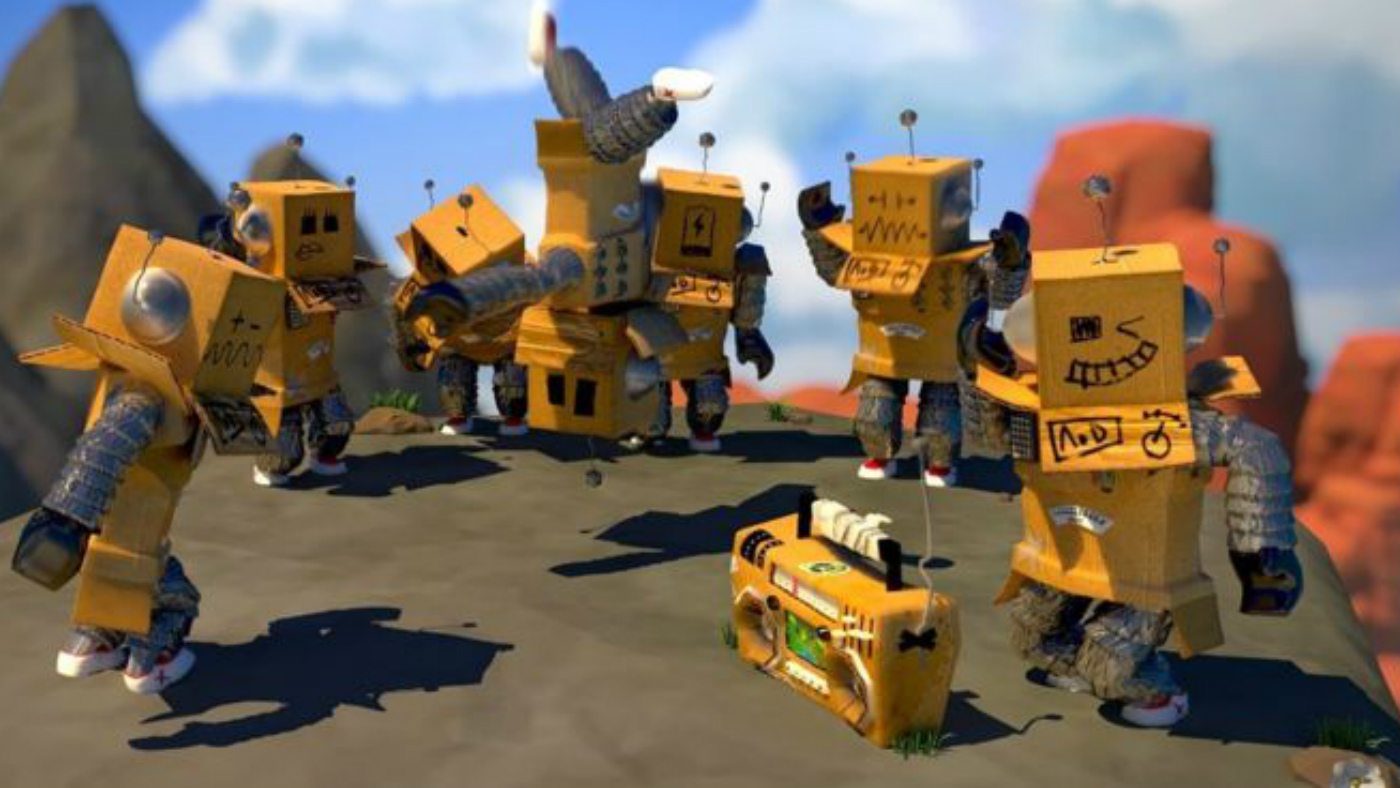
A free daily email with the biggest news stories of the day – and the best features from TheWeek.com
You are now subscribed
Your newsletter sign-up was successful
An online gaming platform popular used by millions of children across the world is hosting virtual Nazi sex parties featuring bondage and strippers, an investigation has revealed.
A deep dive by the BBC found that Roblox includes rooms where users can take off their clothes and simulate sex while others watch. The broadcaster discovered scenarios including “a naked man wearing just a dog collar and a lead” being “led across the floor by a woman in a bondage outfit”, as well as a game featuring “two strippers” dancing beside a bar.
What is Roblox?
Roblox allows users to design and build their own games, which anyone else can then play. According to latest figures from the California-based Roblox Corporation (RBLX), an average of 49.4m users logged on each day in November 2021.
The Week
Escape your echo chamber. Get the facts behind the news, plus analysis from multiple perspectives.

Sign up for The Week's Free Newsletters
From our morning news briefing to a weekly Good News Newsletter, get the best of The Week delivered directly to your inbox.
From our morning news briefing to a weekly Good News Newsletter, get the best of The Week delivered directly to your inbox.
The platform features more than 40m games, ranging from “adopting a virtual pet or living in a fantasy castle” to “shoot-em-up multiplayer challenges” and “obstacle courses”, The Times reported.
And these games are hugely popular with children. In 2020, Roblox told Bloomberg that two-thirds of all US children between the ages of nine and 12 used the platform, and Covid-19 lockdowns have since helped to increase its reach.
The vast Roblox world of games has been described as a kind of “metaverse” – a universe of virtual spaces that some pundits predict is where many people may eventually end up doing most of their socialising and working.
‘Sex problem’
The sex games take place in what is commonly referred to on the platform as “condos”. These spaces are being generated by some users to take about sex and to simulate virtual sex featuring their avatars.
A free daily email with the biggest news stories of the day – and the best features from TheWeek.com
The BBC warned that “what is written on chats in condos” was “unprintable on a grown-up news website, let alone a children’s game”.
The game has a “sex problem”, the broadcaster said, and while the “condos” are something you “would need to actively search for”, their prevalence raises questions about “children and adults potentially socialising together in these spaces”.
What does the company say?
A Roblox spokesperson told the BBC that the company is aware of “an extremely small subset of users who deliberately try to break the rules”.
Condos are “usually only live for a short time – often less than an hour – before they are discovered and taken down”, the broadcaster reported. And “Roblox says it is constantly trying to take these games offline – using both manual and automated systems”.
The spokesperson insisted that “we have zero tolerance for sexual content or behaviour of any kind, and we take swift action against anyone found to be acting in breach of our Community Standards”.
Roblox has published a blogpost summarising protective measures including “Parental Control” tools that “can be used to restrict who children can interact with” and “what experiences they can access”.
What do critics say?
Hannah Ruschen, senior online safety policy officer at the NSPCC, told The Times that “it is not enough for Roblox to play cat and mouse to shut down these rooms only after children have been exposed to harm”.
The company has also been in the firing line over repeated accusations that its game empire is built on child labour.
The Observer’s games critic Simon Parker last month told how one girl had built her own game on Roblox at the age of ten. Programmers offered her 10% of the profits that the game would generate and by the age of 16, the girl – named only as Anna – was earning $300,000 a year. But “with no contracts in place”, the game makers then reportedly announced that she and other independent contractor children would be paid a fixed salary, in what the teenager said amounted to a 40% pay cut.
The platform “reflects many of the challenges and shortcomings of the wider commercial games industry: the risk of exploitation, of abusive managers, of miserly revenue splits and, most prevalently, of worker burnout, all of which Roblox claims fall outside its responsibilities”, wrote Parker.
“Literal children” are “being swindled out of sometimes large amounts of money and work, a situation that the company appears “either unwilling or unable to address”, said PC Gamer. Roblox has insisted that the firm “has no employment relationship of any kind with the creators who develop experiences on the platform”.
But amid a flurry of “negative stories” about Roblox, the “underlying theme here is adults manipulating children on the Roblox platform”, according to InvestorPlace, which predicted that “there are surely some real problems ahead for RBLX stock”.
The row could also have an impact further across the digital world. As tech giants including Microsoft and Meta race to build metaverses, “there are already signs that they’re struggling to police these virtual worlds” too, said the BBC.
Chas Newkey-Burden has been part of The Week Digital team for more than a decade and a journalist for 25 years, starting out on the irreverent football weekly 90 Minutes, before moving to lifestyle magazines Loaded and Attitude. He was a columnist for The Big Issue and landed a world exclusive with David Beckham that became the weekly magazine’s bestselling issue. He now writes regularly for The Guardian, The Telegraph, The Independent, Metro, FourFourTwo and the i new site. He is also the author of a number of non-fiction books.
-
 Local elections 2026: where are they and who is expected to win?
Local elections 2026: where are they and who is expected to win?The Explainer Labour is braced for heavy losses and U-turn on postponing some council elections hasn’t helped the party’s prospects
-
 6 of the world’s most accessible destinations
6 of the world’s most accessible destinationsThe Week Recommends Experience all of Berlin, Singapore and Sydney
-
 How the FCC’s ‘equal time’ rule works
How the FCC’s ‘equal time’ rule worksIn the Spotlight The law is at the heart of the Colbert-CBS conflict
-
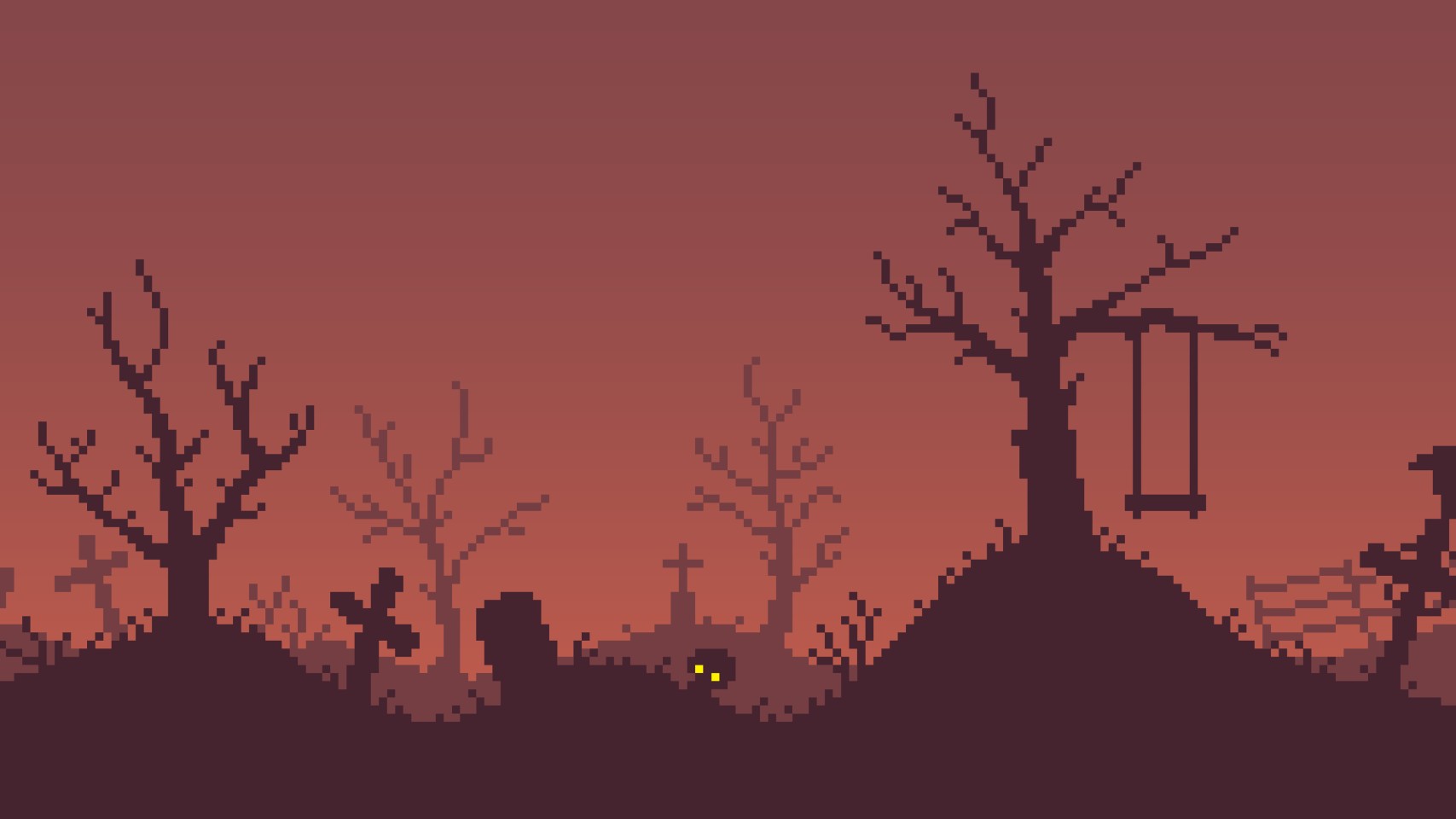 5 spine-chilling horror video games to play this Halloween
5 spine-chilling horror video games to play this HalloweenThe Week Recommends A nostalgic classic remastered and a couple of scary co-ops you can play with brave friends
-
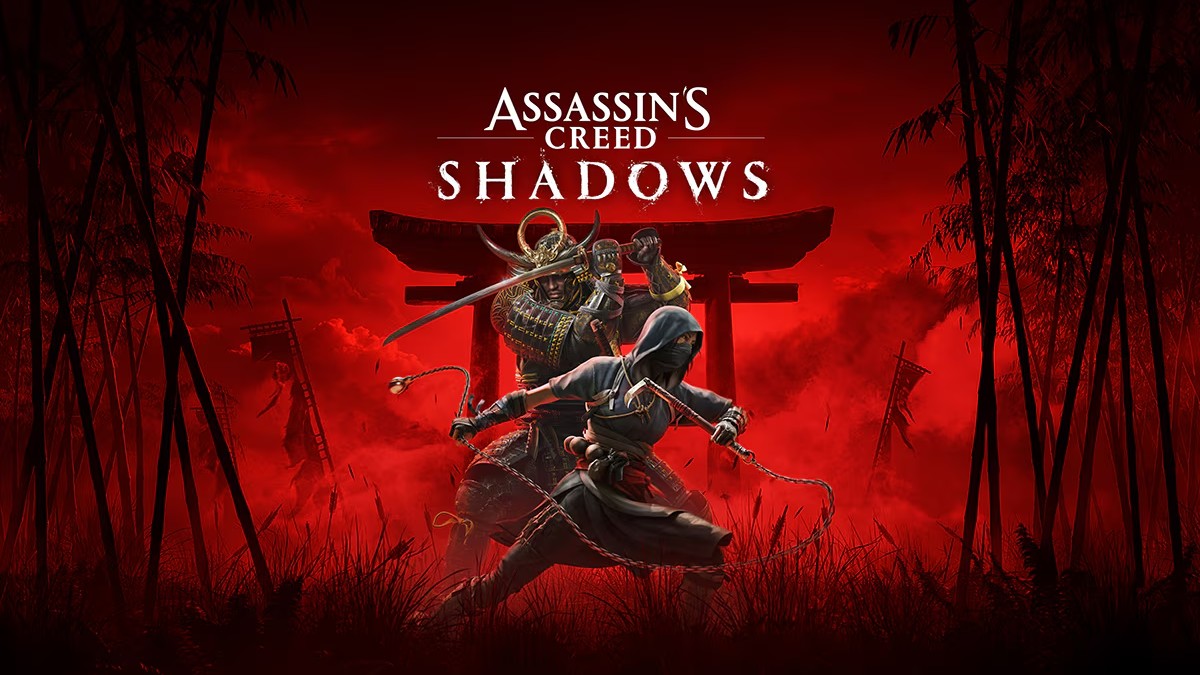 Video games to play this fall, from 'Call of Duty: Black Ops 6' to 'Assassin's Creed Shadows'
Video games to play this fall, from 'Call of Duty: Black Ops 6' to 'Assassin's Creed Shadows'The Week Recommends 'Assassin's Creed' goes to feudal Japan, and a remaster of horror classic 'Silent Hill 2' drops
-
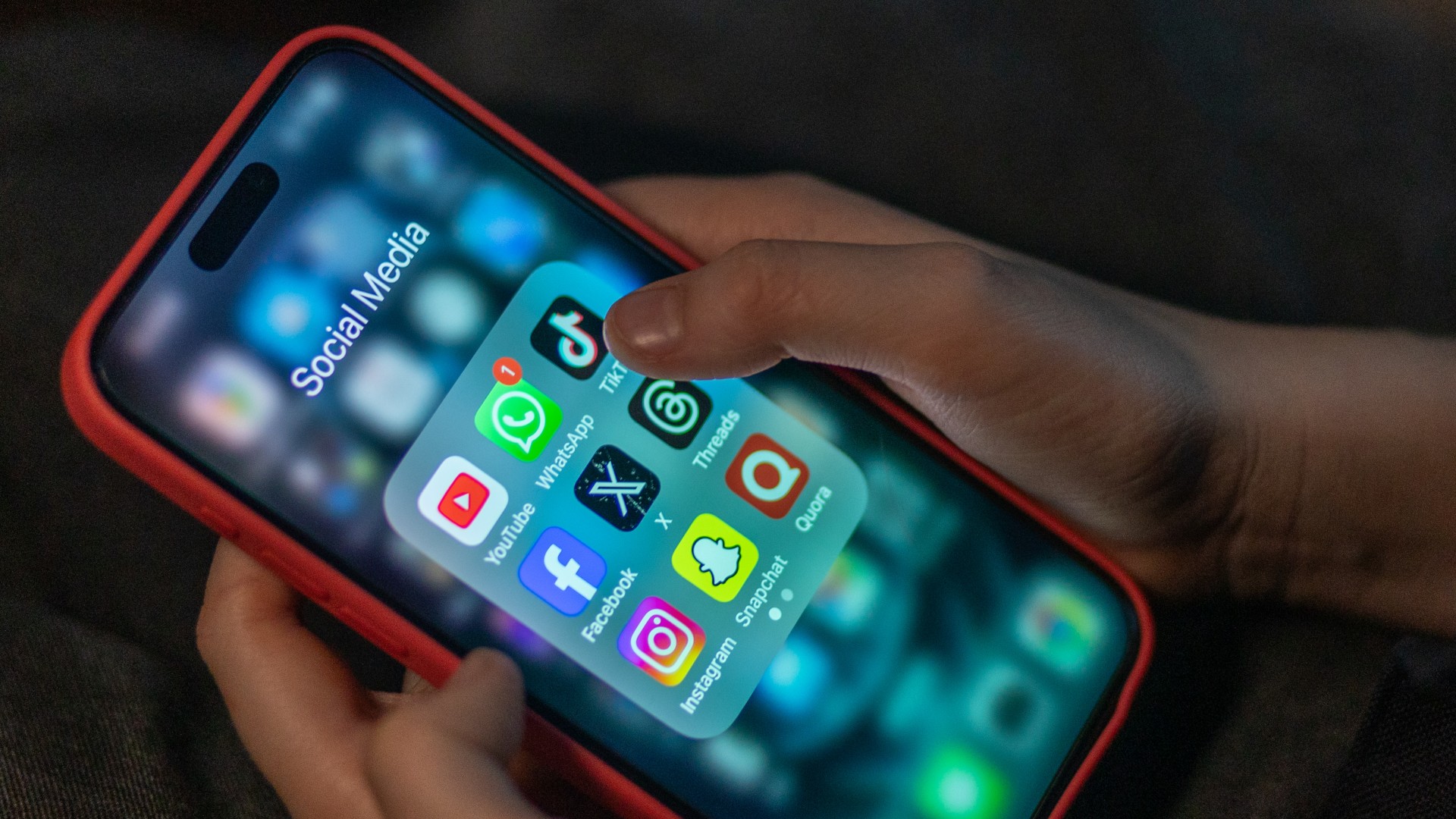 Cyberflashing, fake news and the new crimes in the Online Safety Act
Cyberflashing, fake news and the new crimes in the Online Safety ActThe Explainer UK's first conviction demonstrates scope of controversial law that critics describe as a threat to privacy and free speech
-
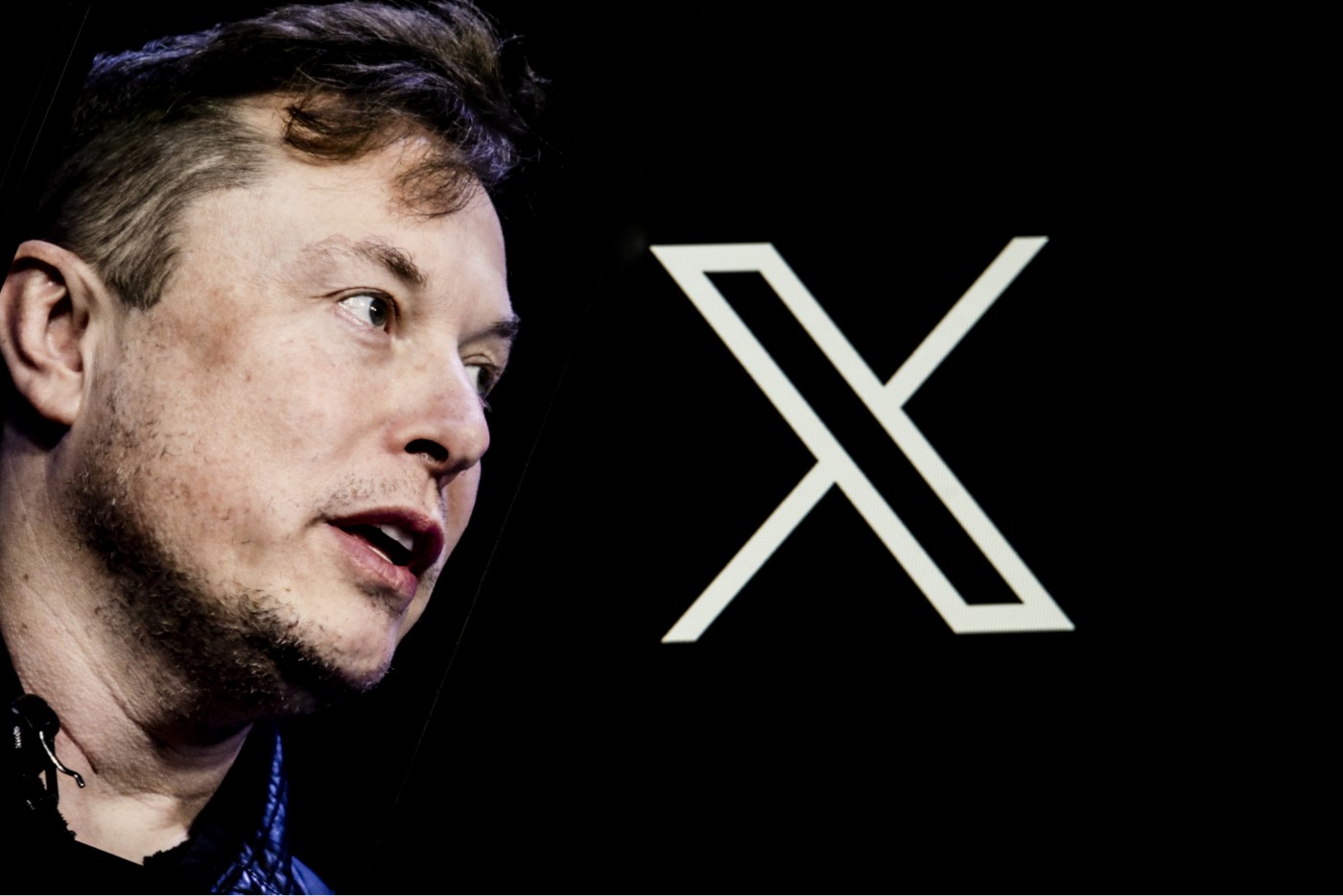 Twitter's year of Elon Musk: what happens next?
Twitter's year of Elon Musk: what happens next?In the Spotlight 'Your platform is dying', says one commentator, but new CEO is aiming for profitability next year
-
 Microsoft, Activision and the battle with competition tsars
Microsoft, Activision and the battle with competition tsarsTalking Point A giant gaming deal has highlighted the shifting attitudes of global regulators
-
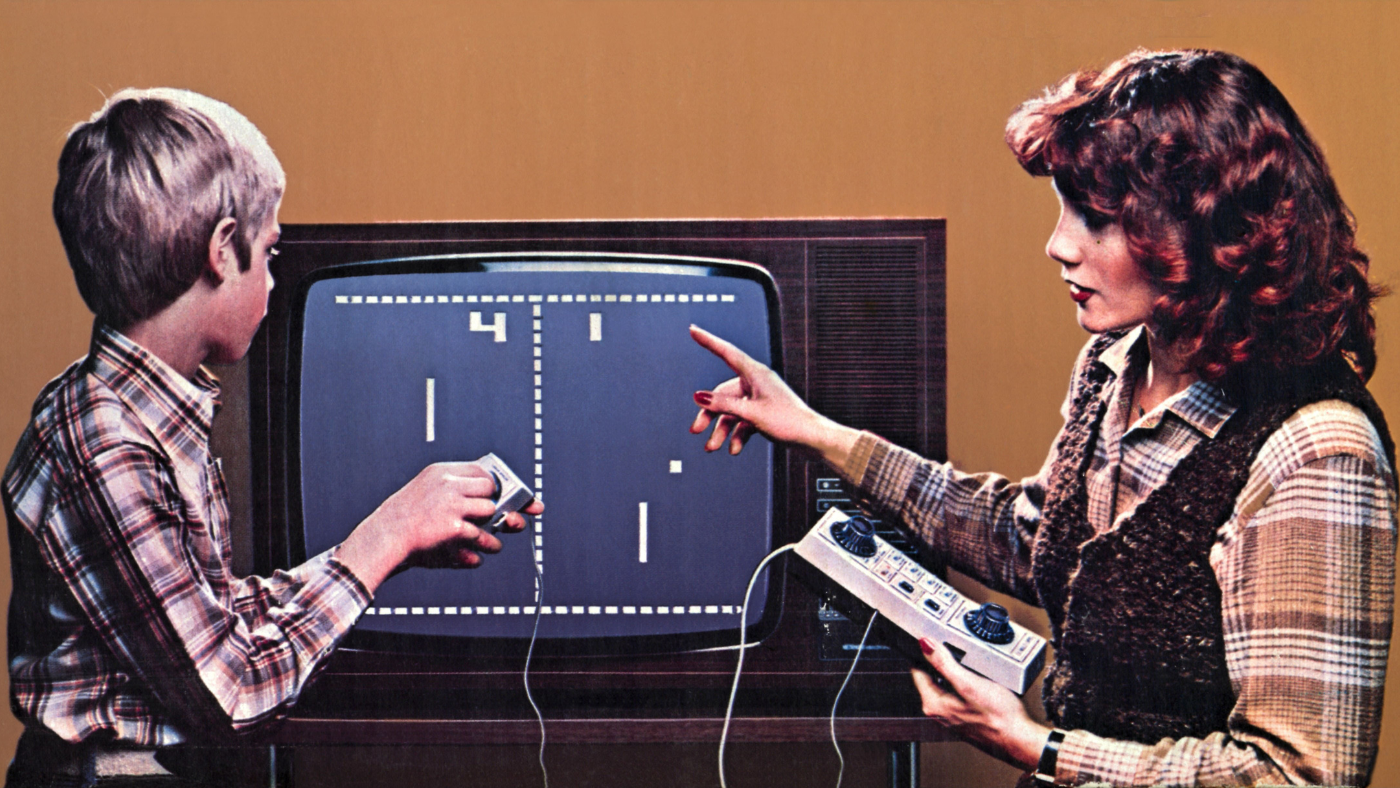 Pong at 50: the video game that ‘changed the world’
Pong at 50: the video game that ‘changed the world’Under the Radar Atari’s breakthrough invention remains a ‘touchstone’ in the history of gaming
-
 ‘Stop trying to be TikTok’: how Instagram’s makeover has alienated users
‘Stop trying to be TikTok’: how Instagram’s makeover has alienated usersIn the Spotlight Head of social network responds after users gave redesign the thumbs-down
-
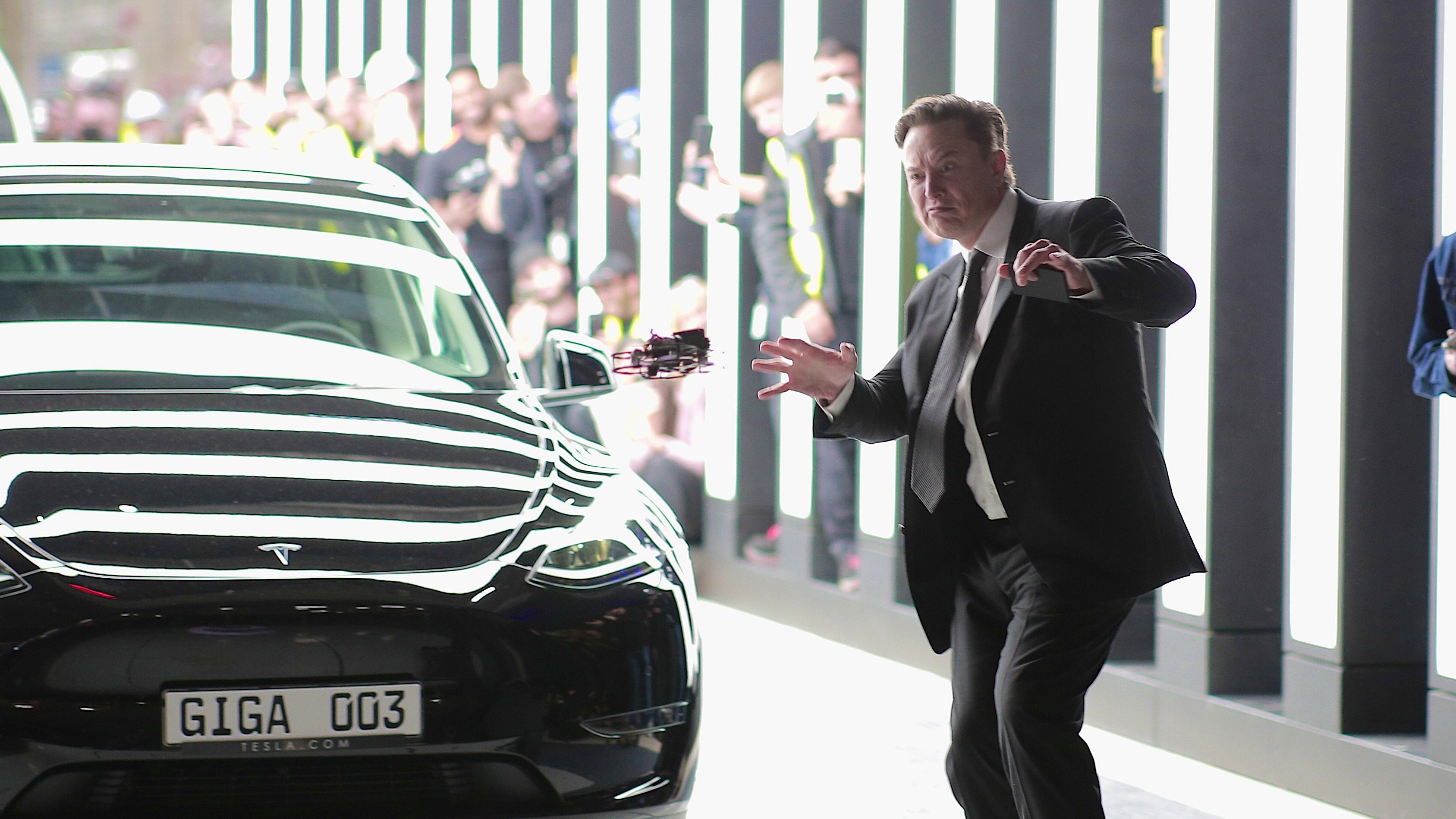 Elon Musk and Twitter’s edit feature experiment
Elon Musk and Twitter’s edit feature experimentIn the Spotlight Social media giant admits idea is in the works – and claims it did not come from Tesla billionaire